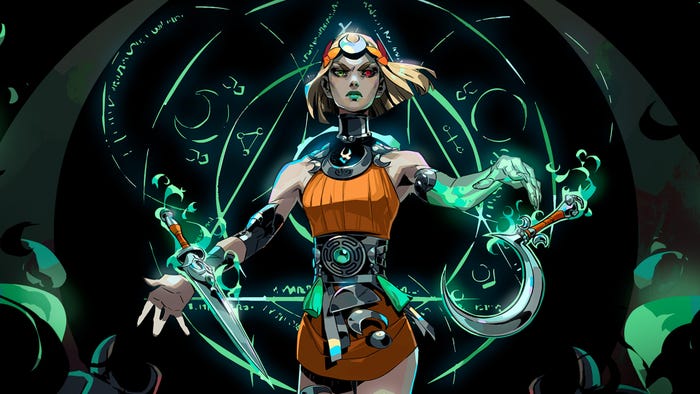Community Managers: The Unsung Heroes of Video Games
Community Managers serve as the ambassadors between the studio and the fans. Without them, gaming studios would be left in the dark on how to appeal to their core audience.

The need for Community Managers(CM) is growing every single day across every industry. Think about it, these people serve as the direct link between a company/product and its loyal fan base. They relay the perceptions, expectations, trends, and any other important information about the fans directly to the company. They also foster the community by giving them things to talk about and content to enjoy/critique. When you really think about it, why hasn't this profession taken off before? After all, companies are supposed to be consumer oriented, and what better way to do this than to create a community with your consumers? It's like being part of an exclusive club that only those with similar interests can be a part of.
This holds especially true for the Community Managers of the video game industry. In fact, I would argue that they probably hold one of the most important roles in the industry. Without an active Community Manager, you have no community. No community means there will be fewer people talking about your game. The less people talking about your game means less media coverage, less enthusiasm for the game/franchise, and it also gives an impression of poor support from the studio/developers responsible for making the game.
Active communities are what make good studios great. They generate hardcore and long-term fans of a franchise. These fans will fight your company's battles for you all over the internet. They will spread your brand and message to those that have never heard of your company or franchise before. Where ever this is a nay-sayer about your franchise, these people will heed it as a call to action and take up arms to defend you. All of this gets people talking about your company, and as a result, generates interest in what you have to offer. As long as the CM provides interesting content and keeps the community engaged, the community will thrive.
Community Managers not only serve as the company/developer liaison, not only in online social networks and forums, but also in early game testing, gaming blogs, and major conventions as well. They are essentially the ambassadors to the developers. If you beta-test a new feature a game and want to know what the fans think, you go to the CM. Communities also keep people talking about your company, as opposed to the competition. If people are spending their time on your sites, commenting on your posts, talking about your games, then you can argue that this means they are spending less time doing all of these things on your competitors sites. This is a good thing for you, because that means they will remember your product when they see it on a shelf or online catalog.
So, what does it take to be a CM? Well, one needs to be able to multitask....seriously multitask. Social media experience is a must, because who has ever heard of an active community that did not utilize Facebook or Twitter? Providing content requires more than just words on a page, that gets boring and overlooked. Content needs to have graphics, videos, and some level of interactivity. Actually knowing how to make this content is an added bonus. Great verbal and written communication skills...since you know....you will be communicating with thousands of people on a daily basis. PR knowledge can go a long way for community managers, since you will need to know how to appeal to the public, convey the brand message, recognize potential threats/problems and know how to take care of them, and build relationships with journalists and other high-profile industry figures to generate publicity for the franchise. The CM's role expands beyond "Ambassador" title that the community sees. It also involves PR/Marketing. The CM should be aware of marketing objectives and assist in the creation of the marketing/PR campaigns, since the CM should interact with the community on a daily basis, they probably have a pretty good idea of how to appeal to them, and by extension, the target market.
Now how does one go about building a community? The answer: create content. Not just ordinary content, as was mentioned before, content needs to be innovative, unique, and gets the community involved. Encourage the audience to create fan art, videos, and more. If done correctly, the community will take on a life of its own. Something that has become popular with some studios is to provide exclusive perks to active members of a community, this can include special online name badges, or early access to betas. This can either be the easiest or most difficult thing to do. This is also where some companies struggle because they want to monitor and control everything. The thought that people can freely post things on the internet scares some companies to the point where they just don't want to create the content at all. There is no worse hindrance to community development than not providing the content.
Do you agree or disagree with me? Have anything you would like to add? Comment below!
Note: I realize I just mentioned the basics of community management so please comment if you think I left out something important.
Read more about:
BlogsAbout the Author(s)
You May Also Like













